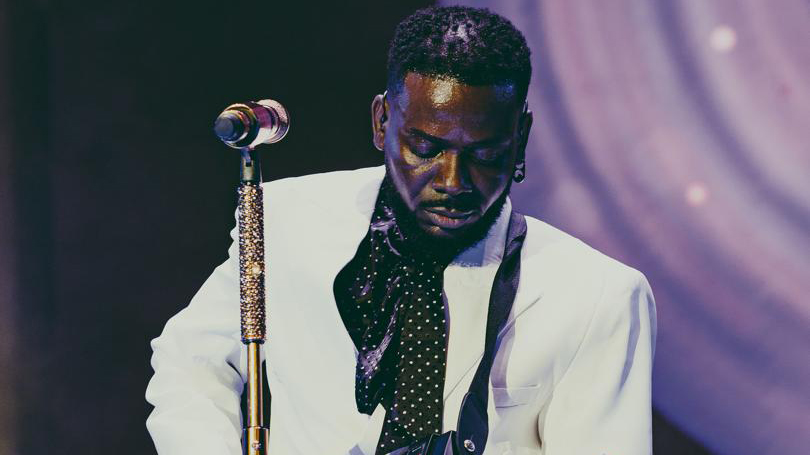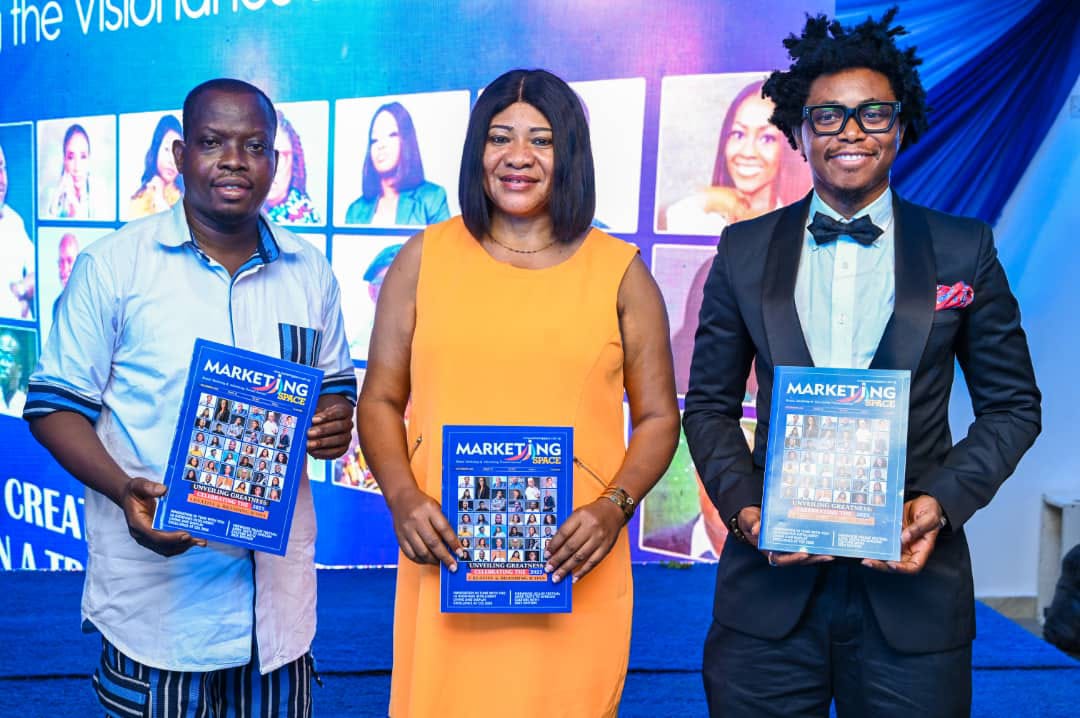
Media experts at the third yearly Integrity Icon Summit raised issues aimed at bringing to an end, negative stories, as well as setting agenda for good reportage of society. While decrying the negative use of social media and Internet on people, they also noted that odd news items seemed to make most contents of newspapers, magazines, radio and television houses in Nigeria.
Speaking on ‘Media as tool for making governance work through positive messaging,’ they argued that it was high time solution journalism was adopted to make narratives different from the past. Dayo Aiyetan of International Centre for Investigative Reporting said media in the world over, always emphasised negative reportage, and that is the content, even in social media.
According to him, if journalists reporting odds were not giving us the desire goals, especially, in Nigeria, then “it would be better to turn around to beam our searchlight to role models in society.”
Citing Section 22 of the Constitution, he maintained that media should hold government accountable, but “where corruption is the way of life, what should we do? Hundreds of reporters can’t report corruption.”He, therefore, added that there are positive messages here, and media have a lot of such good things about people, place and nation. The issue of bail out fund to states is about to be swept under carpet.
“Sweden was dealing with corruption in the past, but today, it has freed itself from those sharp practices. Generally speaking, politicians, civil servants are corrupt. Can impact of positive reporting work in Nigeria?”Bright Wonders of HD Films argued that media is a reflection of “our society and negative stories are everywhere; the problem is not about journalists, good things are being played down.”
Wonders also said that reporters should go out for good success stories, highlight them in mass media, stressing, they should not allow negativity to drown good quality and achievement of individuals in society.Similarly, Claudia Wallin, an acclaimed Swedish author, argued that the importance of media cannot be overemphasised, since they give perception and builds on narratives on people and events.
“This is critical in a world where social media is becoming the primary source for information. There is growing disdain for corruption. Media is primarily to transform consciousness. It is now time to create time to bring in good ones into limelight,” Wallin said.
She declared: “There is so much negative reporting every day. In Sweden, we have a fair share of it in the past, but now things are different because of transformation that took place in our reportage.
“Not that we do not have dark days. Brazil went through it and other countries of the world. Politics can only grow on integrity. We hope the media would begin to focus on developmental journalism.”
Contributing to the discourse, Swedish Ambassador to Nigeria, Carl Michael Grans, observed that integrity and transparency are elements that enable democracy to thrive in any country.
Grans said with Nigeria ranking 144 out 180 countries, a lot needed to be improved for it to truly make real progress, appreciating the effort at identifying honest government officials in private and public sector. He observed that issue of integrity and transparency are not for civil servants alone, agencies, civil society organisations, businessmen and women must continue to strengthen human right in Nigeria.






